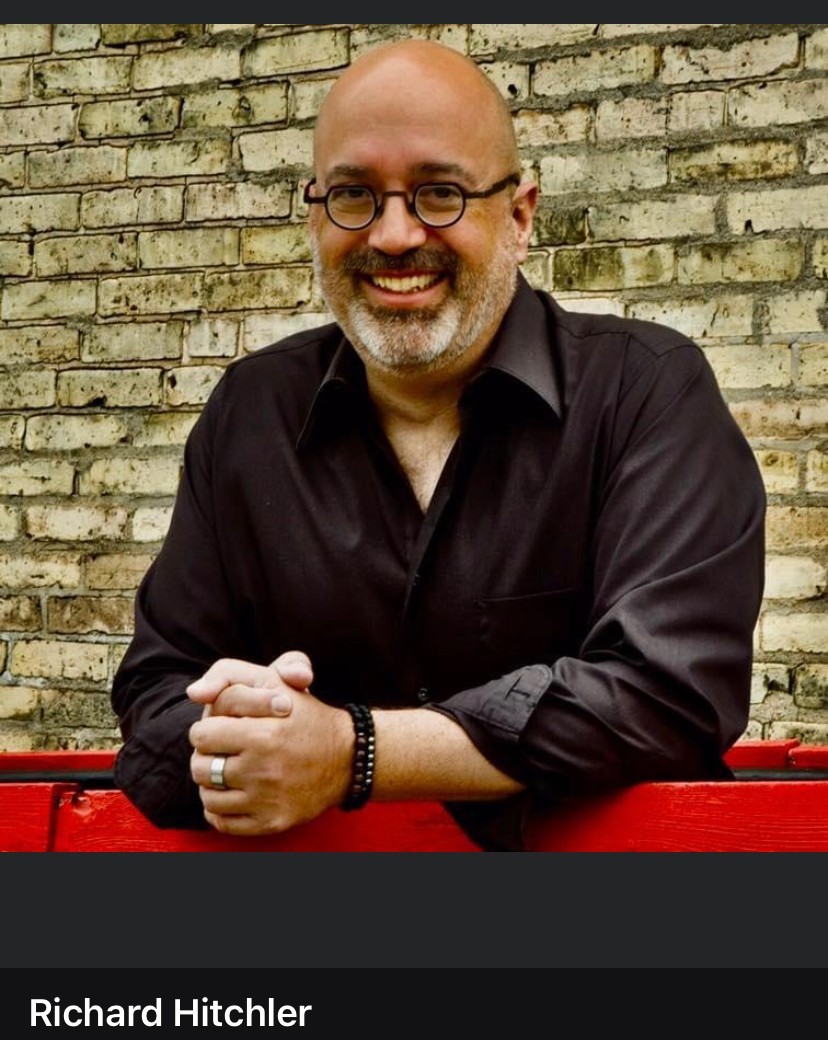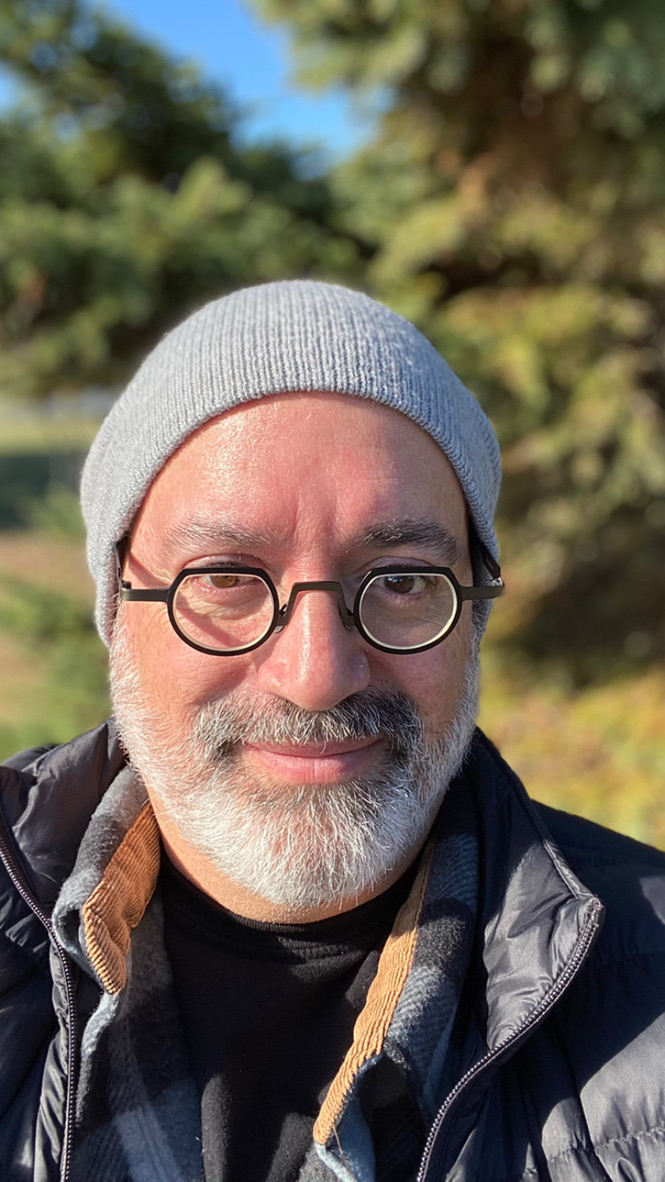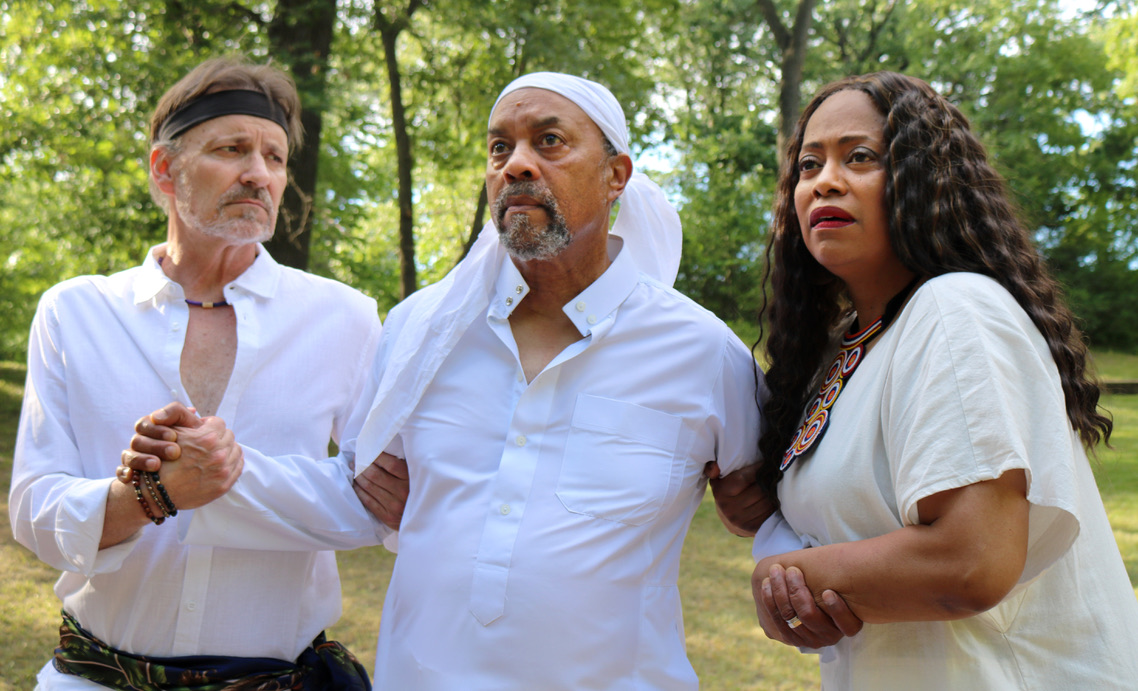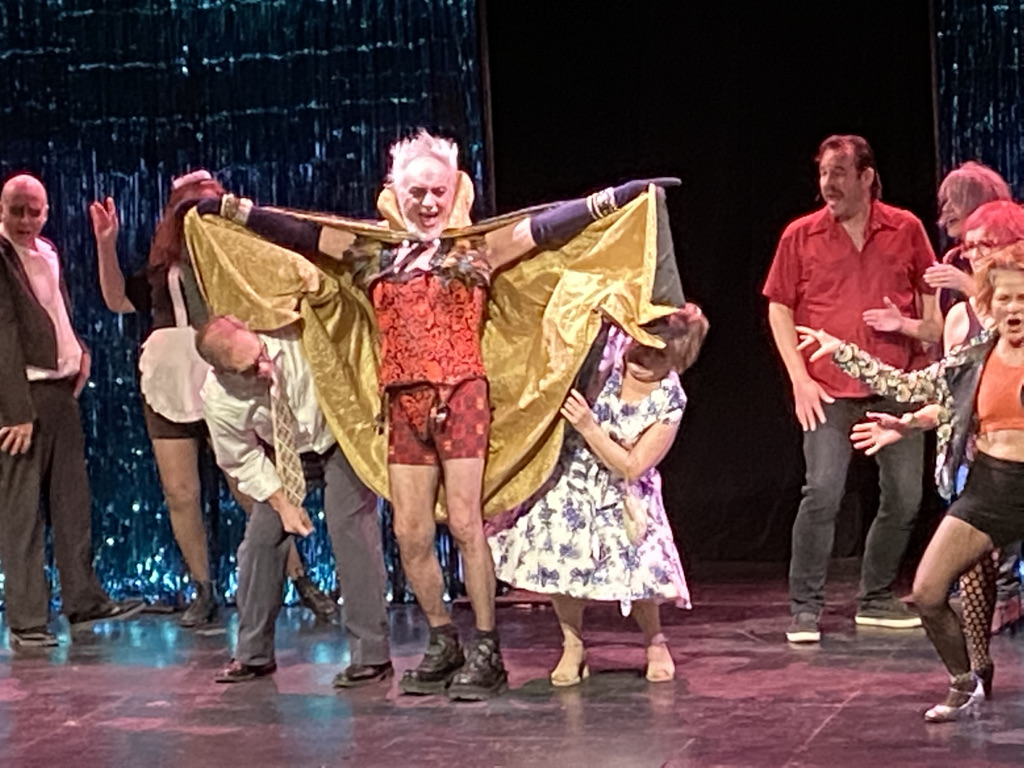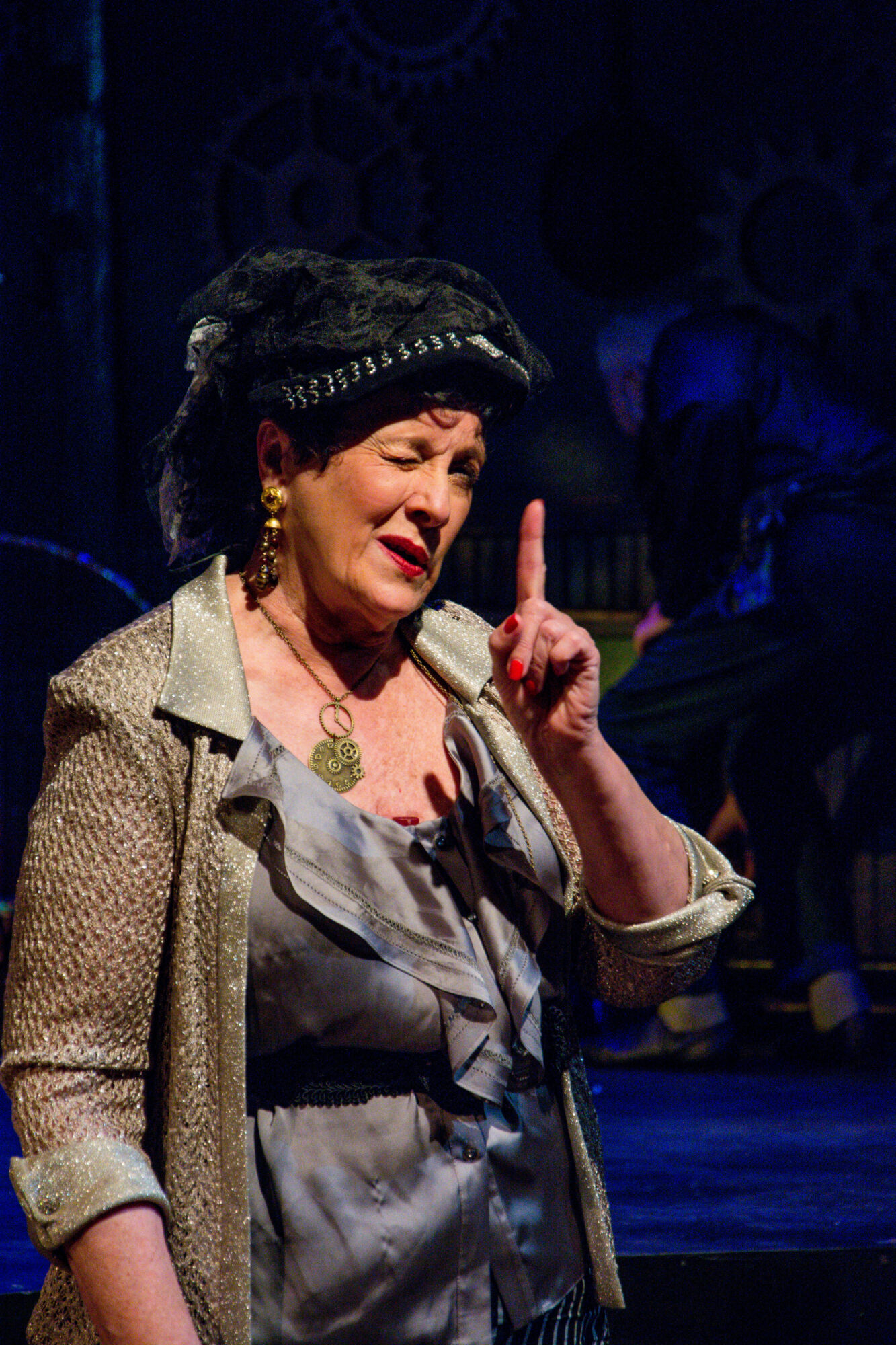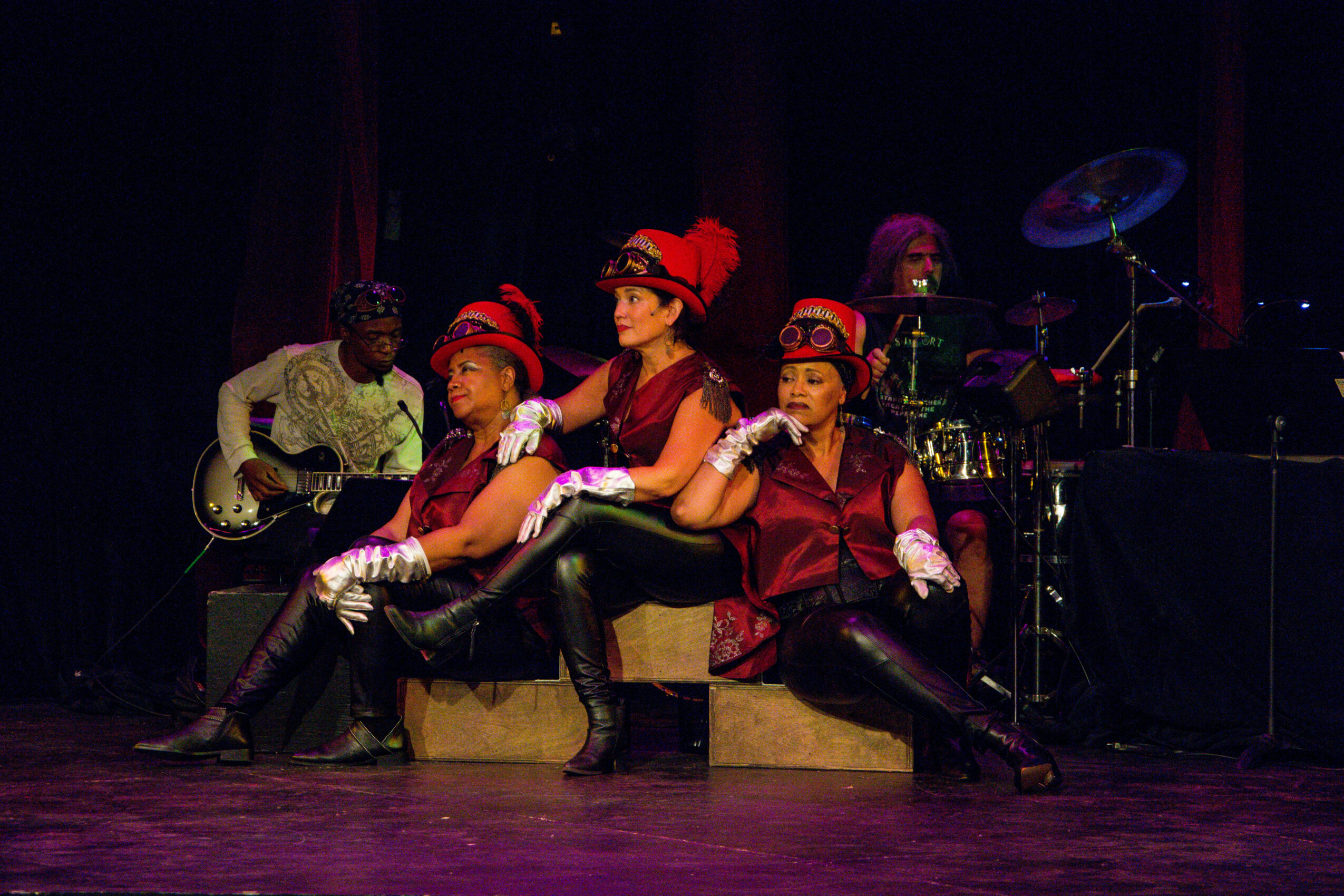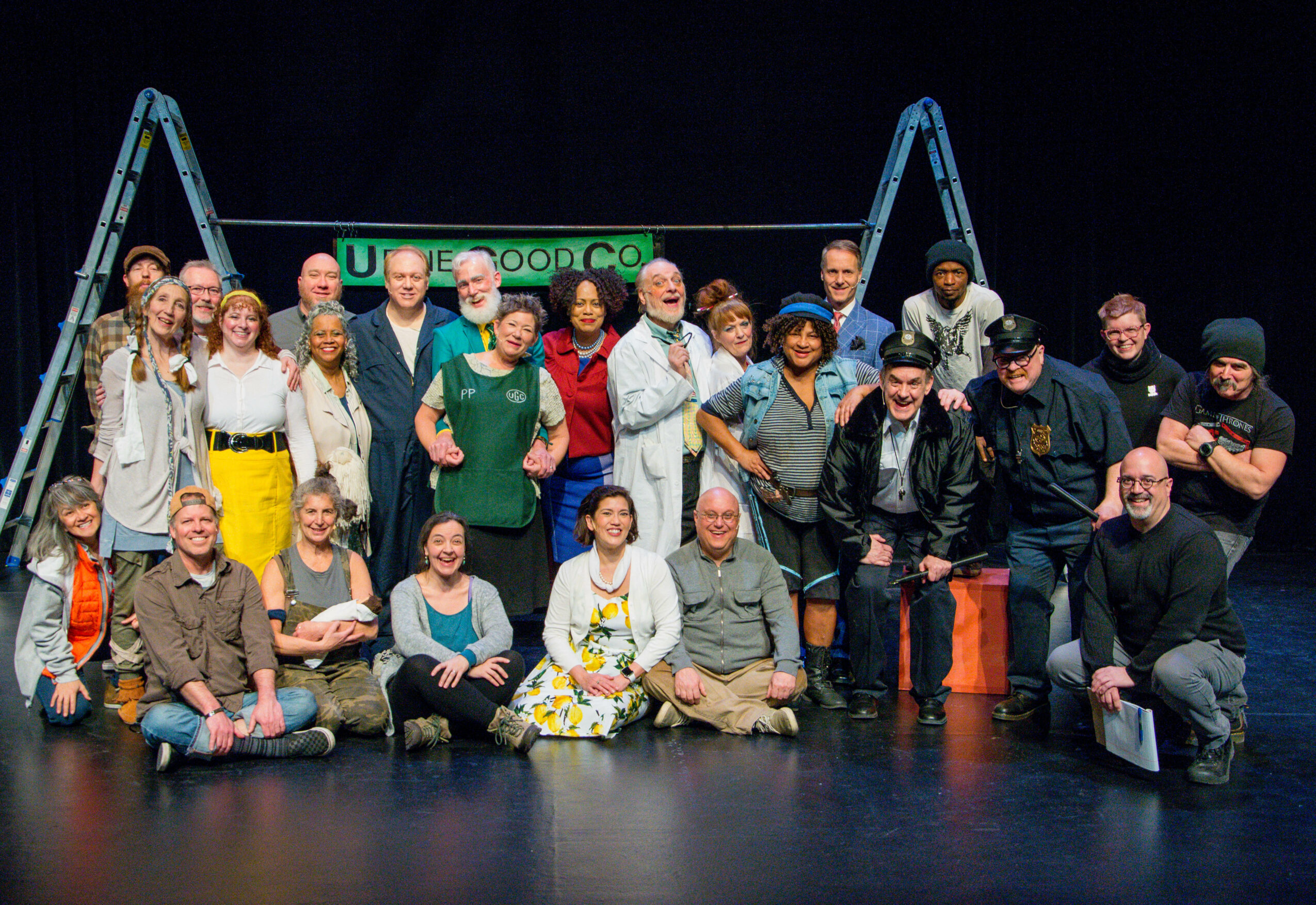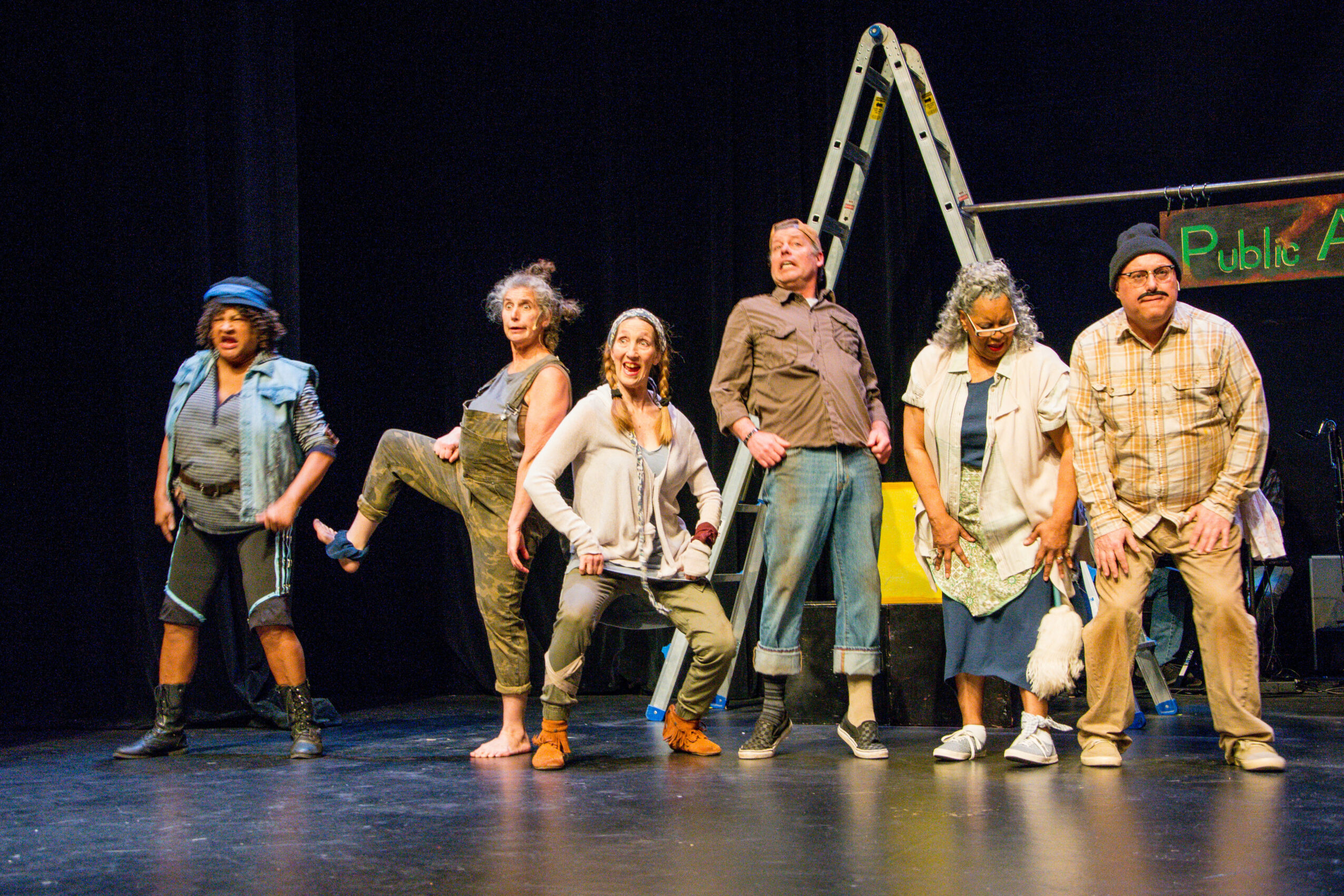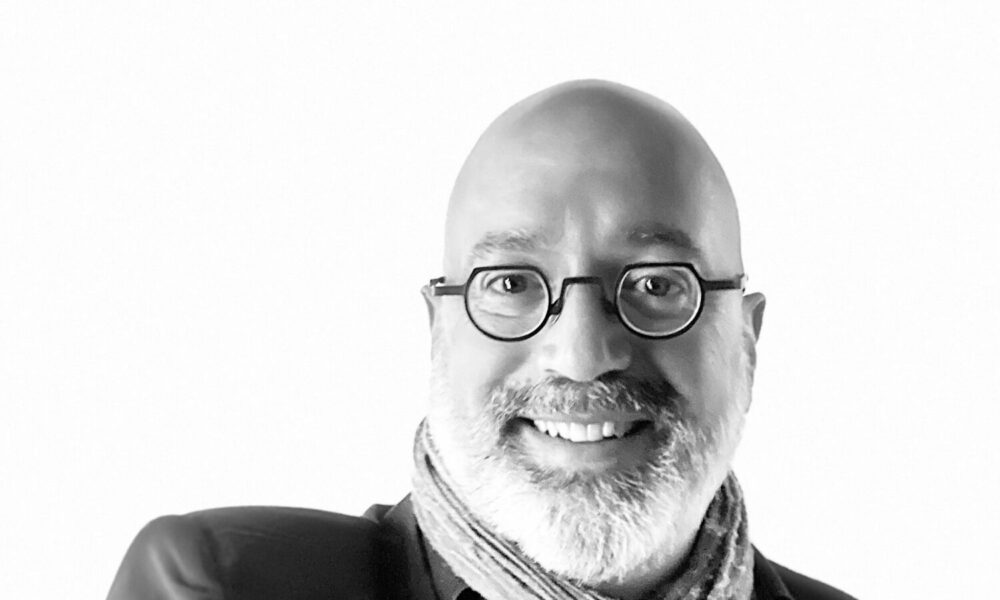

Today we’d like to introduce you to Richard Hitchler.
Hi Richard, so excited to have you on the platform. So before we get into questions about your work-life, maybe you can bring our readers up to speed on your story and how you got to where you are today?
I started college as a pre-med major in 1984. Midway through the first semester, my college advisor (a visiting Korean geneticist) told me that “Sometimes you must try new things”. I left his office, wandered over to the theatre department, auditioned for Shakespeare’s Much Ado About Nothing, and landed the leading role. The next day, I changed my major to theatre and never looked back. After college, I did what most theatre majors did, waited tables while getting the occasional gig here and there. One day, after landing an acting role and asking the restaurant owner for another leave, he asked, “You going to wait tables or do this acting thing?” . So that day, I turned in my apron for the very last time. I decided that I was going to make it in the theatre doing whatever I could. I learned to market, fundraise, balance budgets, build sets, stage manage, hang lights, and any other aspect of theatre that kept me employed. By 1991, I was asked to join the staff of Florida Studio Theatre as Company and Literary Manager. I went from there to the Orlando Shakespeare Company as the Production Director, and in 1995, back to Minnesota where I was appointed Artistic and Executive Director of SteppingStone Theatre, St Paul’s only children’s theatre. During my 20 years as the leader of SteppingStone, I commissioned and produced more than 60 new plays by local playwrights, including: Four Little Girls: Birmingham, 1963 by Christina Ham – which was later performed at the Kennedy Center in Washington D.C. and 38 other theaters nationally; the award-winning Riding the Rails by Ann Schulman; the Stinky Cheese Man (and Other Fairly Stoopid Tales) by Kent Stephens, which has been produced by theatres across the country; The Finger Dance by Flint Keller and Mark Jensen, which was recognized by the National Theatre of the Deaf as an “outstanding work for young people;” three plays co-produced with Theater Mu; three bi-lingual plays by Al Justiniano, and a play by Graham Gremore, a young playwright who was an actor in multiple SteppingStone Theatre plays, a National collaboration with New York City’s TADA! Youth Theater, and an International Collaboration with Ellesmer Port, UK’s Action Transport Theatre.
In 2018, while working for the Minnesota State Arts Board, I learned that theatre arts participation was missing for one particular age demographic – Seniors. Although seniors make up the majority of audience members, I discovered that they themselves were missing from participation; not by desire, but rather by lack of opportunity. So, I founded a new theater, Theatre 55 to fill the need in the Twin Cities and Minnesota: Theatre performed by seniors. Formed with the purpose of developing lifelong learning through theatre performance and education. Theatre 55’s vision is to enrich the lives of elders as artists, audiences, and lifelong learners through theatre performance and education.
Theatre 55’s inaugural production of HAIR, performed by those who lived it! Sold out its three-week run and received positive accolades from The New York Times, Minnesota Public Radio, Next Avenue, The Star Tribune, SPNN, Minnesota Playlist, and Broadway World. Packed spring classes, a contract with EPISCOPAL HOMES residence, and subsequent sold out productions of PIPPIN, URINETOWN, THE ROCKY HORROR SHOW, and JESUS CHRIST SUPERSTAR.
In addition to being the Artistic Director of Theatre 55, I was recently hired to serve as the Managing Director of Mixed Blood Theatre in Minneapolis.
Can you talk to us a bit about the challenges and lessons you’ve learned along the way. Looking back would you say it’s been easy or smooth in retrospect?
My successes far outweigh my struggles. I take great pride in giving, and having given so many youth and now elders an opportunity to shine on stage, makes any struggle a distant memory. I have witnessed great talents, great minds, and great people go on to do the things they love and to shine on their own. As Artistic Director of SteppingStone Theatre, I worked with and helped shape the minds of so many young people. I watched young people grow into charitable, giving, talented adults; as great actors on stage and film, singers, dancers, artistic leaders, community leaders, teachers, lawyers, politicians, activists, and better global citizens. With elders, I have witnessed the re-emergence of artistic spirit and joy through live theatre and classes; whether they are life long performers, returning to the stage after a multi-decade absence, or trying something new to stoke the creative fire inside. The pure joy of giving opportunities and experiences to others has lifted me to great heights of success, and feelings of wholeness. Continuing to tell these stories and using theatre as a means of creating discourse amongst people to fight the injustices of the world, is by all means, success.
Can you tell our readers more about what you do and what you think sets you apart from others?
With my current two positions, Founding Artistic Director of Theatre 55, whose mission is to enrich the lives of elders as actors, audiences, and life-long learners, and Managing Director of Mixed Blood Theatre, whose mission is to disrupt injustices, advance equity, and build community, I was dubbed by a colleague “the most innovative man in theatre”. And, although I appreciate the compliment, I feel as though I’m only scratching the surface of what theatre can and should do. Theatre, in its purest form, is storytelling; it is political, it is informative, it is emotional, and it is communal. From its beginning as a story around the fire, re-enacting the hunt, and celebrating the food, people have been doing theatre. Although it has become more refined, it is by far the most communal of art forms still today. Something for people to share, to discuss, to build upon, and to remember. Theatre is also the only art that is temporary. One can go to the theatre to watch the same play as told by a different group of actors at a different theatre, but it’s always different. Theatre is meant to be temporary by nature; the set, costumes, actors, directors, etc all change the moment the final curtain comes down on a performance. Shows can be remounted and redone, but it is always another interpretation of the work. That is the beauty of a shared experience for an audience. The audience shares it with the actors and crew in a communal atmosphere that can not be duplicated in the exact same way more than once.
My role, as a director, is to interpret the written work and to put it up on stage for an audience to see. The audience, whether or not they know the written work, is seeing this production for the very first time. And my job is to allow that experience to happen.
Sometimes, actors look at directors as the dictator of the show. As a director, my greatest strength is that of a collaborator. I love the experience of working with creative actors, choreographers, musical directors, designers, stage managers, playwrights, and crew members to tell the story. I enjoy the intensity of working on a two person show, however, I have thrived working with much larger casts of 10-20 actors. My collaborative nature along with my organic style of directing, tends to work very well with large casts. This style allows actors to truly “play” during the rehearsal process, discovering the meaning of each word or lyric, and interpreting the text in several ways before settling into one consistent performance for the audience.
And as an artistic director, I look for and create works that tell the stories of underrepresented communities of people. This leads to greater learning and greater discourse amongst actors and audiences. Finding a balance of good storytelling along with meaningful content that does not preach to an audience, but rather informs through action, is tricky. I find that I have been able to create that type of work with good balance at a high quality.
What would you say have been one of the most important lessons you’ve learned?
The most important lesson that I have learned along my journey is to trust myself. I know that after doing this work for many years, it is as important to fail gracefully as it is to succeed humbly. A great process always leads to a great production. And I have focussed on that process with great success.
Contact Info:
- Website: Theatre55.org
- Facebook: https://www.
facebook.com/theatre55
